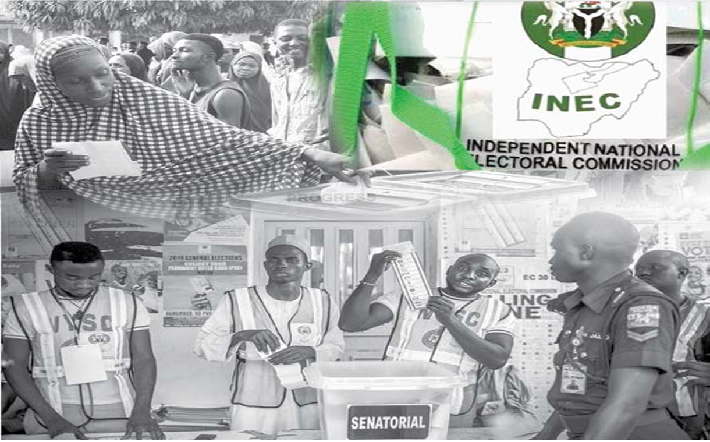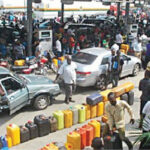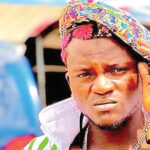
Much has been said about Nigeria’s continued stride down the Democracy Alley these past 24 years. No doubt it has sometimes been turbulent if not topsy turvy, rather than a smooth walk or ride. But there have been some good times and experiences along this journey, especially the uninterrupted nature of this very trip of nearly 24 years.
The implication is that in the last two election cycles (2019 and 2023), the country has recorded a large number of voters whose life experiences are happily limited only to a government by elected representatives, which is what democracy represents. Thus, democracy has become a norm in our country. That in itself is something to celebrate and build upon.
How do we build upon this democracy? The easiest way is to expand the number of democrats within our democracy, and that includes the number of democrats within the political parties. Sadly, there are too few democrats within the political class today. The building block for democracy is not only in the large number of participants but ensuring that these participants fully understand and imbibe the principles of democracy. Some of these principles are Citizen Participation, Equality, Transparency, Accountability, Political Tolerance and Checks and Balances.
Participation of citizens in democracy goes beyond participation in the electoral process to their involvement in the process of governance. This means that they must be consulted regularly by those in government and their interests paramount when policies and laws are made. Even in their participation in the electoral process, their security and safety must be guaranteed. That is why it is reprehensible when political actors deploy violence and intimidation during election in order to achieve their ambitions.
It is important to charge the members-elect into the state house of assembly to understand that when they sit at the table of governance, they are there, not in their personal capacities but as representatives of their entire constituencies with all the diversities such as gender, age, ethnicity, religion and political leanings therein. This is how to recognise and practice the principle of equality of all.
Lawmakers and politicians generally need to rise above blind allegiance to political parties whose membership in our climes is very fluid, transient and without core values and principles. They should equally raise their game above the politics of allegiance to persons and other interests who may influence them to act even against the interest of their constituencies and the state or country.
The existence of a parliament is what sets democracy apart from non-democratic systems of government and the central role of the parliament is to serve as checks and balances to the other arms of government, namely the executive and the judiciary. It is hoped that those elected into the upcoming parliament have a clear understanding of this, as a building block to democracy.
The electoral umpire is also key in building and deepening democracy. On the part of INEC, we keep learning from our experiences and shortcomings and improving on our processes with every election. It is hoped that our political class also helps to strengthen the independence and capabilities of the State Independent Electoral Commissions (SIECs) to conduct local government elections which help to create grassroots democrats. It is equally important for the political class to work on the capacity and integrity of political parties to conduct their internal elections (primaries).
Twenty-four years into our current democratic journey, it is time for us to build, raise and equip more democrats to keep democracy going. True democrats are those who recognise that while everybody must be heard, the majority will often determine the way to go and that election is not do-or-die or win at all costs.
True democrats also realise that in a multiparty election, there is a higher chance of losing than winning the election and they must prepare their minds to such possibilities and live with the outcome. But where they disagree with the outcome, they must follow the proper channels for seeking redress.
We should not pull down everything, including the institutions and structures of democracy simply because the outcome is different from our expectations. True democrats look for legitimate ways to expand the frontiers of democracy. They do so by building on the good that exists, rather than destroy the fabrics. Let us learn to build up and not destroy.
Being remarks by the INEC Resident Electoral Commissioner, Edo State at the Presentation of Certificates of Return to Members-Elect of the Edo State House of Assembly on Friday March 31, 2023





